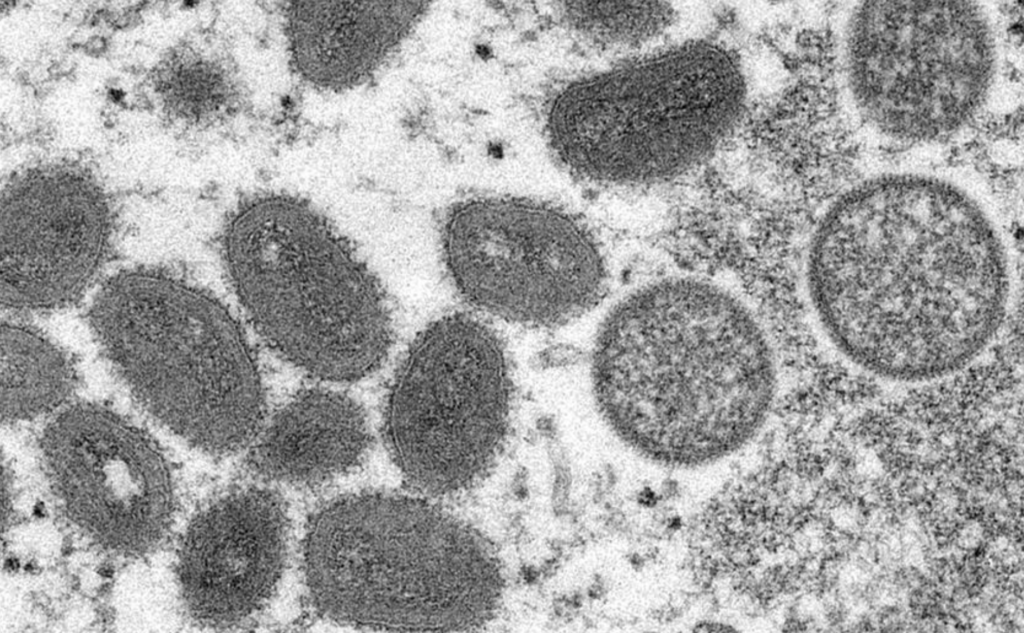A new case of monkeypox has been identified at CHU Saint Pierre in Brussels on 28 May, bringing the total number of cases in Belgium to 9, according to Belgian broadcaster RTBF. The European Union is currently the largest hotspot for monkeypox infection, with 118 active cases.
Cases of the rare virus were first detected in the United Kingdom in early May. Since then, there have been around more than 400 confirmed cases globally, however the infections are mostly minor and have not resulted in any casualties.
Despite calls for calm from both the Belgian and international health authorities, pandemic preparedness chief Sylvie Briand has warned that the “unusual” spread of the virus could be “the peak of the iceberg”, but that it could also be easily contained with the right means.
“It is not a disease that the general public should be concerned about. It is not like Covid-19,” the official stated on 27 May.
Related News
- Possible risk that monkeypox could become endemic in Europe, health agency warns
- 'It's not like Covid-19': Monkeypox outbreak no cause for alarm, WHO says
Most people already have a strong level of protection against monkeypox infection due to high levels of smallpox vaccination in the west. The two viruses are from the same family.
Humans succeeded in almost completely eradicating smallpox in the 1980s. Symptoms of monkeypox include a high fever, swollen glands, and distinctive skin rashes.
The rate of fatality of monkeypox is much lower than smallpox, at just 3-6%. The virus is spread through close contact with an infected person with lesions on their skin. Antiviral treatments used to treat smallpox have been proven effective against monkeypox and most patients recover within three to four weeks.
Belgium has bought a supply of monkeypox vaccines for around 625 potential patients. Belgians infected with the virus will be expected to commit to a three-week isolation period.

